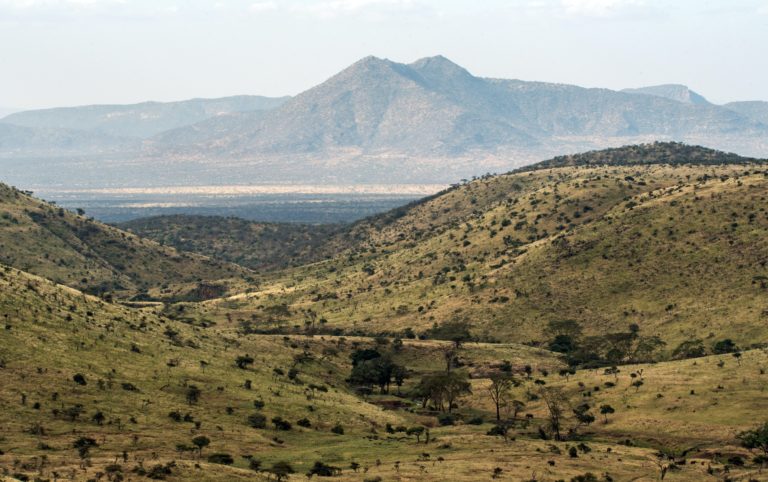Enabling private sector adaptation to climate change among small businesses in developing countries: What role for multi-stakeholder partnerships? Experiences from Kenya

Download
A more recent (open access) journal article, based on this Working Paper, has been published in Climate Risk Management in May 2021. Read the journal article here.
This paper investigates the role of multi-stakeholder partnerships (MSPs) in supporting the development of enabling conditions for adaptation to climate change among micro, small and medium enterprises (SMEs) in developing countries, with a focus on Kenya.
SMEs in developing countries are often highly exposed to climate risk and may face major barriers within their business environment to adapting to the impacts of climate change. Yet, until now, pathways to overcoming these barriers and to implementing action to support SME adaptation have been very sparsely treated within the literature.
In this paper, the authors explore the ways in which multi-stakeholder partnerships (MSPs) are being mobilised to support SMEs to adapt to climate change in Kenya, and the rationales underpinning interest in MSPs as a model to structure the delivery of adaptation resources in development practice.
The research suggests that MSPs can mobilise a wide range of private sector actors to deliver adaptation goods and services that overcome barriers to adaptation for SMEs, including those in remote regions. As a result, MSPs are often seen to present an exciting opportunity to plug gaps in adaptation and development finance and to upscale adaptation at local levels. However, the analysis suggests that dependence on market mechanisms for delivering adaptation resources means MSPs may exclude the poorest groups, expose businesses to new risks and reproduce existing inequalities. Additionally, despite expectations that market-based approaches will support partnership sustainability, MSPs often remain heavily dependent on donor-led organisations for both resources and momentum. In Kenya, opportunities to develop more integrated responses to supporting the adaptive capacity of SMEs through MSPs are also being missed owing to a disconnect between the practice of MSPs and the national public–private partnerships governing framework.
The authors identify opportunities to enhance the strategic design of MSPs to support more inclusive adaptation and reduce the risk of MSPs reproducing existing inequalities. They conclude that employing MSPs in development action may necessitate rethinking donor programming to enable ongoing monitoring.
Key points for decision-makers
- Multi-stakeholder partnerships (MSPs) are collaborative arrangements that bring together actors from government, the private sector and civil society.
- This study empirically investigates stakeholder perceptions of the design and function of MSPs that seek to support adaptation among SMEs in Kenya. This was done through in-depth key informant interviews with partners actively engaged in the design and implementation of MSPs for SME adaptation, including from public, civil society and private sectors.
- Through action and investment from donor-funded and public sectors, MSPs in Kenya are supporting private sector actors to deliver adaptation resources to small-scale producers, including in remote regions, that would otherwise fall outside of market inclusion.
- However, the analysis shows that MSPs are not easily becoming self-sustaining, as is envisaged of market-based partnership strategies. Dependence on market mechanisms makes MSPs less likely to deliver adaptation support to the poorest, most vulnerable and most geographically remote groups.
- MSPs may also expose SMEs to new risks and vulnerabilities and reproduce existing inequalities within adaptation action.
- MSPs are currently a donor-led development practice in Kenya and operate outside of the partnerships framework envisioned by Kenya’s PPP Act. This limits opportunities to develop more integrated approaches to overcoming the multiple barriers to SME adaptation through MSPs.
- Employing MSPs in development action may necessitate rethinking donor-programming to enable longer-term monitoring.

